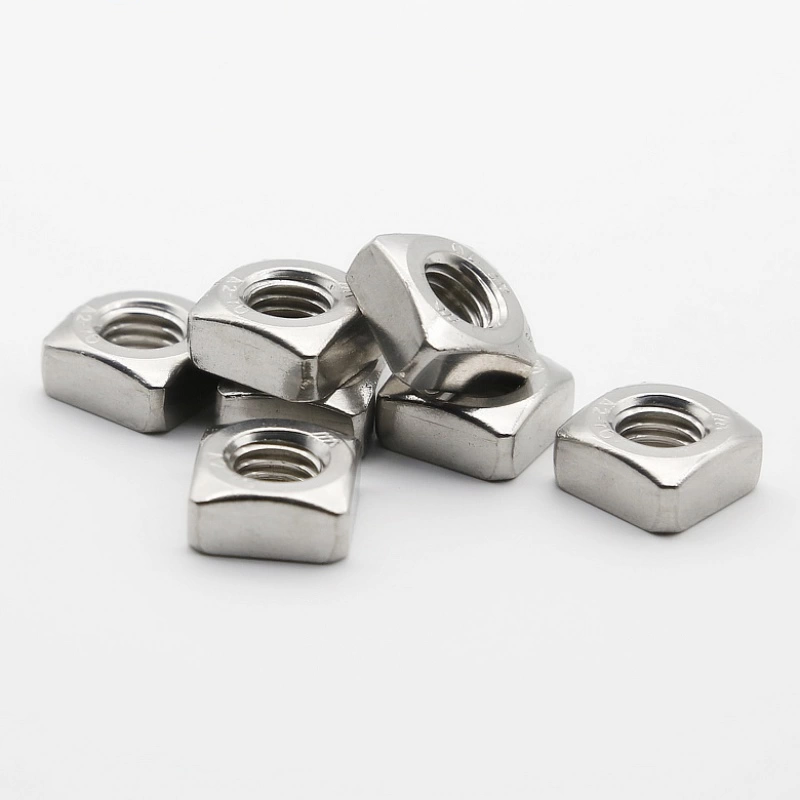

Choosing the Right Wide Flat Washer for Your Construction and Repair Projects Explained
Aug . 13, 2024 12:42 Back to list
Choosing the Right Wide Flat Washer for Your Construction and Repair Projects Explained
The Importance and Applications of Wide Flat Washers
Wide flat washers are essential components in various engineering and construction projects, serving as fundamental elements in securing bolts and screws and distributing loads over a larger area. Their unique design, combining a wide outer diameter with a thinner inner diameter, not only enhances their functionality but also improves the integrity and longevity of mechanical assemblies.
Definition and Design
A wide flat washer is a disc-shaped piece of metal, typically made from materials like steel, stainless steel, plastic, or other durable materials. The wide geometry allows these washers to distribute the load of the fastener over a greater surface area, which is critical in preventing damage to the surface beneath the fastener application. The increased surface area minimizes the risk of deformation in softer materials, therefore providing stability and support.
Engineering Applications
Wide flat washers are widely used in engineering applications, particularly in the automotive and construction industries. In automotive assembly, they play a pivotal role in securing components and ensuring that bolts and screws are fastened properly. For instance, when a bolt is tightened, it often exerts significant force on the material it secures. Without a washer, the concentrated pressure could lead to a variety of mechanical failures, such as stripping or breaking of the bolt or damaging the surface beneath.
In construction, these washers are commonly utilized in structural applications, including the anchoring of beams, girders, and posts. By providing a larger bearing surface, wide flat washers reduce the chances of the fastener pulling through or causing damage to the material. These washers are especially useful in applications involving soft wood or other porous materials, where the risk of damage from concentrated pressure is heightened.
wide flat washer

Benefits of Using Wide Flat Washers
1. Load Distribution The primary benefit of wide flat washers is their ability to distribute load effectively. This characteristic helps to reduce the likelihood of mechanical failure, particularly in high-stress environments.
2. Prevention of Deformation By spreading the load over a larger area, wide flat washers prevent deformation of the materials being joined, thereby ensuring a more stable and secure assembly.
3. Vibration Resistance In many applications, machinery and vehicles experience vibrations that can loosen fasteners over time. Wide flat washers help to retain the integrity of the fastening by providing a firmer grip and stability, minimizing the risk of loosening due to vibrations.
4. Corrosion Resistance Many wide flat washers are made from corrosion-resistant materials, which enhances their longevity in outdoor and high-humidity applications. This resistance to environmental factors is crucial for maintaining the functional reliability of assemblies in harsh conditions.
Conclusion
In summary, wide flat washers are often overlooked components, but their significance cannot be understated. They play a crucial role in a myriad of applications across different industries, offering benefits such as load distribution, prevention of material deformation, vibration resistance, and protection against corrosion. As industries continue to advance and develop better technologies, the importance of these seemingly simple components will continue to grow, making wide flat washers a staple in modern engineering and manufacturing. Whether in automobiles, buildings, or machinery, their contribution to the safety and reliability of fastened assemblies is paramount.
Latest news
-
High-Strength Hot-Dip Galvanized Bolts-Hebei Longze|Corrosion Resistance&High Strength
NewsJul.30,2025
-
Hot Dip Galvanized Bolts-Hebei Longze|Corrosion Resistance&High Strength
NewsJul.30,2025
-
Hot Dip Galvanized Bolts - Hebei Longze | Corrosion Resistance, High Strength
NewsJul.30,2025
-
High-Strength Hot Dip Galvanized Bolts-Hebei Longze|Corrosion Resistance, Grade 8.8
NewsJul.30,2025
-
Hot Dip Galvanized Bolts-Hebei Longze|Corrosion Resistance,High Strength
NewsJul.29,2025
-
High-Strength Hot Dip Galvanized Bolts - Hebei Longze Metal Products Manufacturing Co., Ltd.|corrosion resistance&high strength
NewsJul.29,2025

